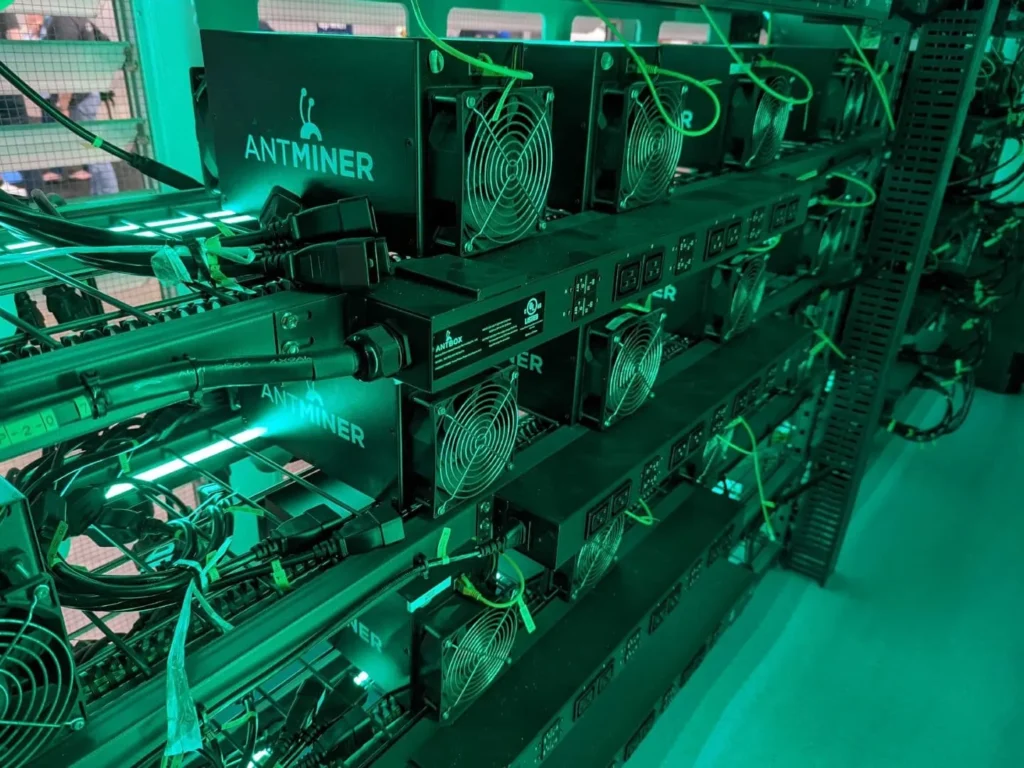Foundry, a major Bitcoin mining pool owned by Digital Currency Group (DCG), has announced the reduction of 16% of its U.S.-based workforce. This decision aligns with the company’s strategic shift towards focusing more on its primary business: operating the world’s largest Bitcoin mining pool.
Refocusing on Mining Pool and Site Operations
The reduction in workforce is part of Foundry’s broader strategy to streamline operations and focus on its core activities, including the management of its Bitcoin mining pool, which controls nearly 32% of the Bitcoin network’s total hashrate. A spokesperson confirmed that the company is prioritizing its mining pool and expanding its site operations to ensure long-term growth and success in an increasingly competitive market.
Additionally, Foundry will continue supporting the development of other DCG subsidiaries, like Yuma, which specializes in AI development.
Challenges in the Mining Sector and Impact of Bitcoin Halving
Foundry’s decision to reduce its workforce comes at a time when the entire cryptocurrency mining industry is facing significant challenges. The halving of Bitcoin rewards in April cut the profitability of mining operations, as the number of bitcoins created per block was reduced. This event has pressured mining firms like Foundry to find ways to lower costs and maintain efficiency.
The Bitcoin hashprice index, a metric that tracks mining profitability, has seen a notable decline over the past year. This has forced many mining companies, including Foundry, to adopt cost-cutting measures in order to stay competitive in the market.
Foundry’s Role in the Bitcoin Ecosystem
Despite the workforce reductions, Foundry remains a dominant force in the Bitcoin mining sector. The company’s mining pool remains the largest on the Bitcoin network, contributing nearly a third of its total hashrate. Besides its mining pool operations, Foundry is also involved in other aspects of the mining ecosystem, including hardware production, site operations, ASIC repair, and technical education.
As part of its reorganization, approximately 20 employees were also transferred to Yuma, a DCG subsidiary focused on artificial intelligence (AI) development.
Navigating the Future of Bitcoin Mining
Foundry’s decision to refocus on its core operations highlights the growing pressures within the mining industry, especially following the Bitcoin halving event. As mining rewards decrease, companies like Foundry are actively working to adapt to the evolving landscape of the cryptocurrency market.
While mining profitability has been challenged by market conditions, Foundry’s strategic focus on its core strengths positions it well to navigate the difficulties of the changing environment. The mining industry, in general, will likely continue to experience pressures from reduced rewards, but as the market adjusts, mining companies remain optimistic about future opportunities.

